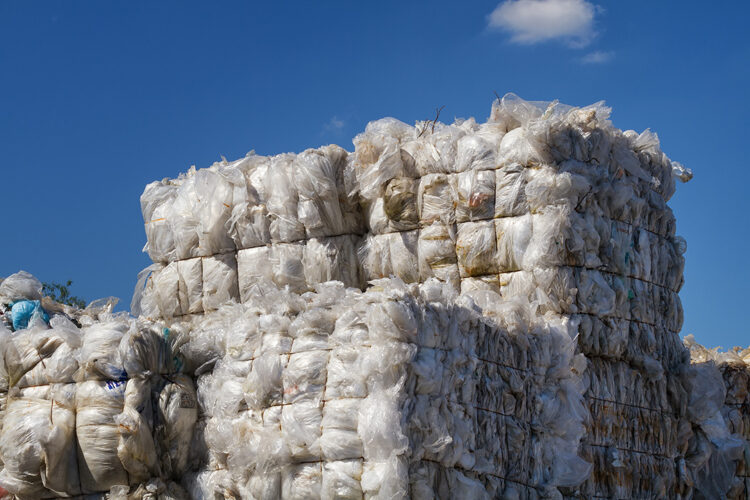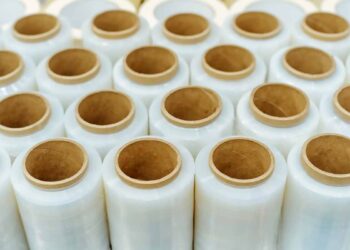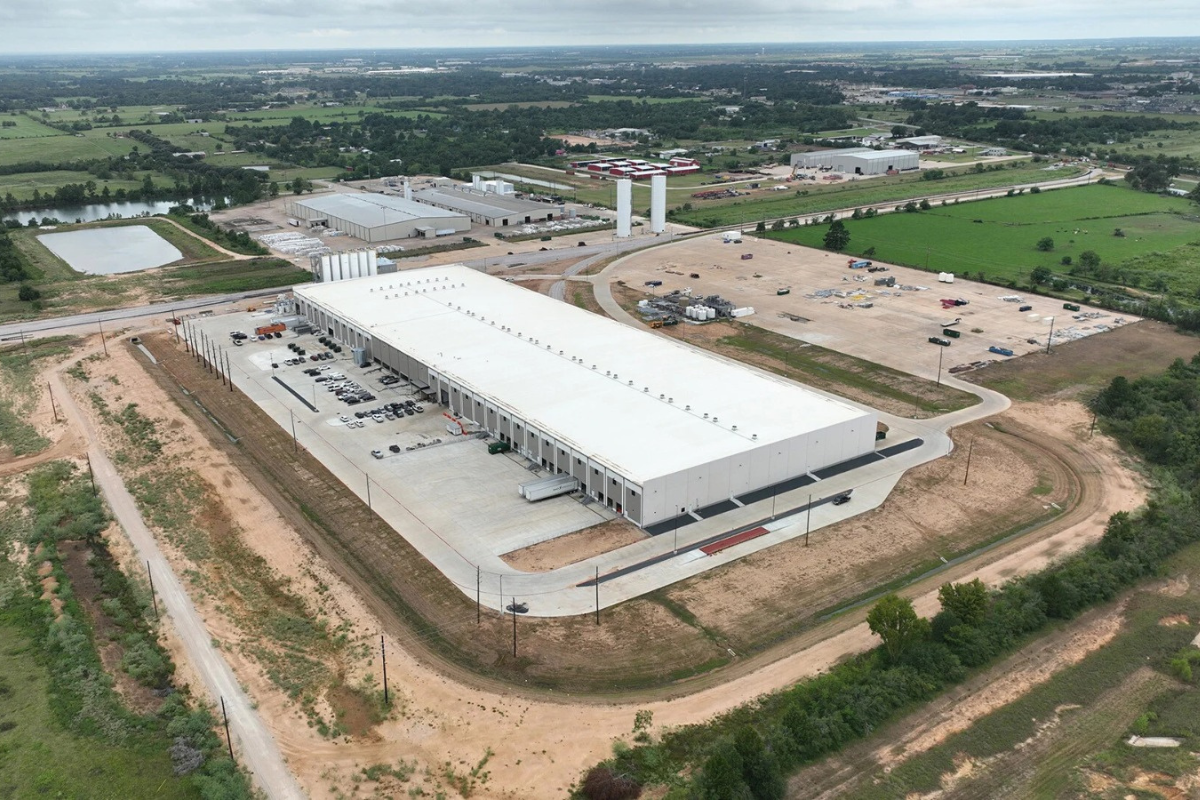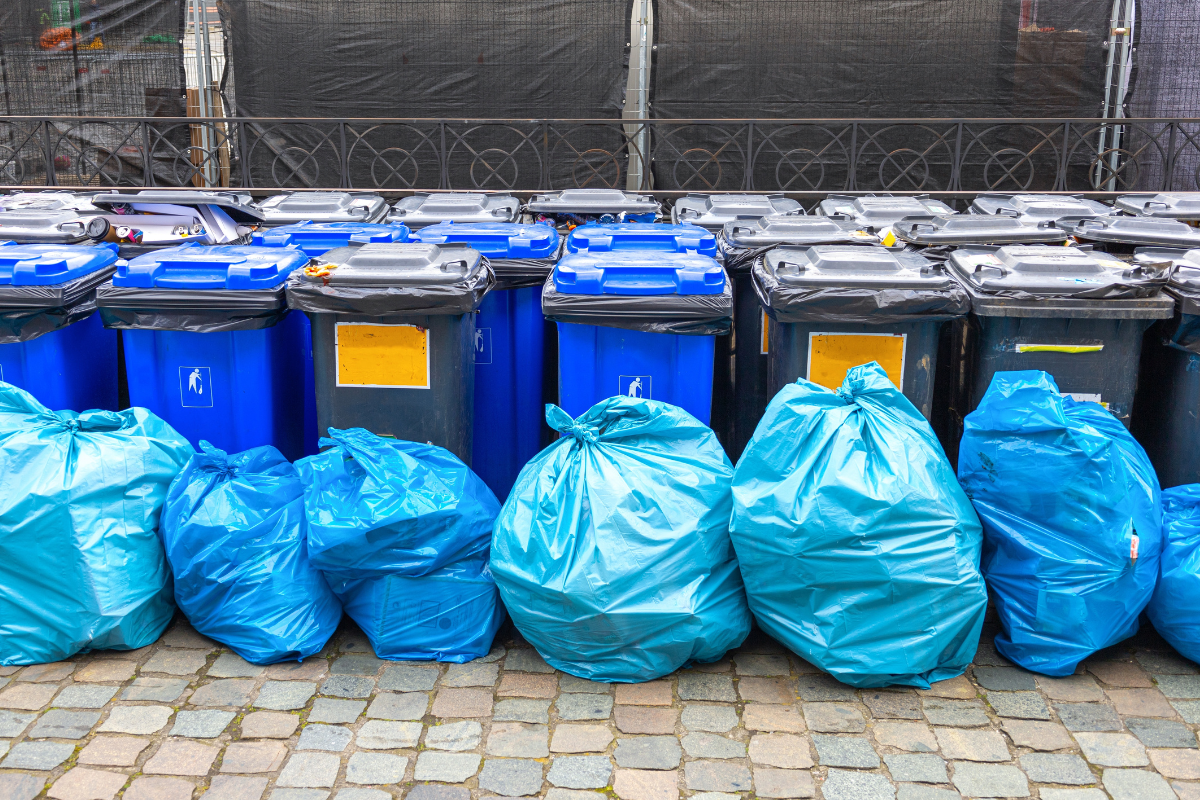Three Australian supermarket chains will have another 12 months to address a plastics stockpile left over from the failure of the country’s largest film collection program.
The Australian Competition and Consumer Commission extended its conditional special permission to Coles, Woolworths and ALDI to work together to handle the over 11,000 metric tons of films found last year to have been stockpiled across the country by the now-defunct REDcycle.
The three supermarket giants needed the antitrust regulator’s permission to collaborate, or they would run afoul of antitrust laws.
The Australian Competition and Consumer Commission (ACCC) also directed the supermarkets to “facilitate the resumption of in-store collections for recycling,” a press release noted.
The public will get a chance to weigh in on the draft determination because the discovery of so much stockpiled material that consumers thought was being recycled prompted public outcry.
In a press release, ACCC Deputy Chair Mick Keogh said the REDcycle liquidation “has provoked a lot of community concern and this proposed authorization will allow the supermarkets to develop and implement a solution to potentially address the environmental risk of the existing stockpile of soft plastics and future waste.”
The ACCC first granted conditional interim authorization to Coles, Woolworths and ALDI in November 2022 after REDcycle suspended its return-to-store film recycling, which accepted HDPE, LDPE and PP, including shopping bags, cling wrap, bubble wrap and food packaging.
The supermarkets would need to re-apply for authorization for any longer-term solutions, Keogh noted.
REDcycle was an industry-led program run by RG Programs and Services, the press release noted. It was the only return-to-store film recovery program in Australia since its start in 2011, and nearly 2,000 supermarket locations had REDcycle collection bins in their stores.
REDcycle was declared insolvent and a liquidator was appointed in February 2023. Coles and Woolworths offered to assume control of REDcycle’s stockpiles, which REDcycle agreed to. The supermarkets then formed a Soft Plastics Taskforce and released a “Roadmap to Restart” plan in March.
“Coles and Woolworths are committed to providing their support to save as much of this stockpiled material from landfill as possible,” the task force report noted.
The roadmap noted that to rebuild public trust in recycling, the companies need to change the process so there is no single point of dependency for recovery and processing and that each step in the process is transparent.
“While the Taskforce is working to accelerate solutions to resume in-store collections, it is limited by current local processing capacity,” the report noted, adding that processing the stockpile will max out domestic processing capacity for a full year. The taskforce stated that it is working with the government to see if some of the stockpile could be moved overseas, which would require export exemptions.
A soft timeline has been formulated, with plans to reintroduce consumer-facing film collection in supermarkets in a geographically staggered way beginning in late 2023, the report noted, continuing through 2024 and 2025.

























